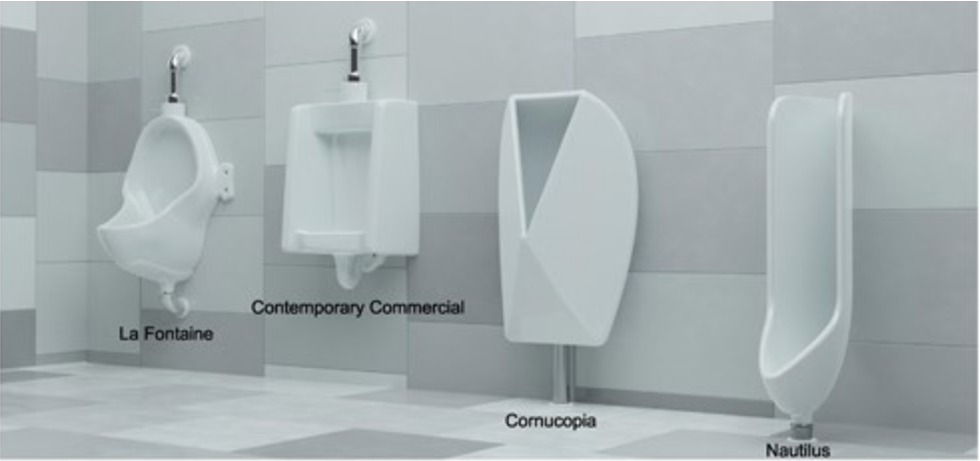Republican candidate Mitt Romney was chastised during the 2012 presidential race for having the audacity to exclaim, "Corporations are people." Yes, technically corporations are made of people, but they're allowed to do a lot of things that people can't.
Corporations can get away with murder, profit from child labor laws and destroy the environment with impunity. Most people cannot.
However, corporate brands want you to think of them as people. Carefully curated brands give people a sense of identity when they use their products so they'll pay $150 for a $20 shirt. Branding gives people an emotional connection to inanimate objects simply via a logo backed up by an ad campaign they saw on TV.
A brand means something because a corporation told you it does.
The hypocrisy of corporate branding was on full display this week as many participated in #BlackoutTuesday by posting all-black images on their social media feeds. The movement was originally started by two black women in the music industry to call attention to racism and inequality.
However, the movement grew and evolved into #BlackoutTuesday and people everywhere began sharing blacked out social media posts to show their solidarity with the Black Lives Matter movement and protest police brutality.
Some criticized the effort because the overwhelming number of people who used #BLM or #BlackLivesMatter made it difficult for protest coordination. It also smacked of "clicktivism" a lazy form of activism where people signal their support on social media for a cause instead of actually doing something.
Corporate brands got into the act by posting black boxes or condemning police brutality for #BlackoutTuesday. Of course, any brand that may offend large swaths of their customer base by blacking out their social media feeds refrained from doing so.
They were one of us:
Trayvon Martin. Michael Brown. Alton Sterling. Botham Jean. Atatiana Jefferson. Ahmaud Arbery. George Floyd. pic.twitter.com/s1UhP5vncv
— McDonald's (@McDonalds) June 3, 2020
One of the most glaring signs of hypocrisy was called out by Democratic Representative Alexandria-Ocasio Cortez. She called out the Washington Redskins, a team named after a racial slur, for missing the point in its entirety.
Want to really stand for racial justice? Change your name. https://t.co/XTlIJrfNx4
— Alexandria Ocasio-Cortez (@AOC) June 2, 2020
#BlackoutTuesday posts give brands the luster of having done something, when in reality, all they did was ask an intern to post a black box for free on their social meida pages.
"If you look at marketing in broad terms as attitudes versus behavior, the general view is that attitude drives behavior," JP Hanson, CEO of Stockholm-based Rouser, a self-proclaimed advertising "un-agency," told The Guardian. "It's actually the other way round in psychological behavior. People will think: 'If I say I believe in certain things, I've given the correct answer, and I've done my bit.'"
But many of these bands haven't done their fair share.
A Twitter user who goes by the handle @RespectableLaw called out brands who signed their belief in justice for people of color while their business practices say otherwise.
While Ben & Jerry's moved to Fair Trade cocoa in the last few years, it built its fortune on cocoa extracted by, you guessed it, 8-year-old plantation slaves in Côte d'Ivoire.https://t.co/RLKo8Vm4Ic
— Respectable Lawyer (@RespectableLaw) June 3, 2020
Kellogg's, the makers of Pop-Tarts, sources palm oil extracted from 8-year-old plantation slaves in Indonesia and cocoa extracted from 8-year-old plantation slaves in West Africa.https://t.co/QS6jXArkFA
— Respectable Lawyer (@RespectableLaw) June 2, 2020
Disney merchandise is manufactured by factory child slaves in Southwestern China. https://t.co/Bc5ZeYVPCL
— Respectable Lawyer (@RespectableLaw) June 2, 2020
Victoria's Secret amassed its fortune using cotton extracted by 8-year-old plantation slaves in Burkina Faso. https://t.co/UcdKmi9IWf
— Respectable Lawyer (@RespectableLaw) June 2, 2020
Victoria's Secret amassed its fortune using cotton extracted by 8-year-old plantation slaves in Burkina Faso. https://t.co/UcdKmi9IWf
— Respectable Lawyer (@RespectableLaw) June 2, 2020
Starbucks uses coffee beans extracted by 8-year-old plantation slaves in Guatamala, Kenya, Costa Rica and Panama.https://t.co/nACpqL6T2V
— Respectable Lawyer (@RespectableLaw) June 2, 2020
Pringles are made using palm oil extracted by 8-year-old plantation slaves in Indonesia. https://t.co/44yaORepfA
— Respectable Lawyer (@RespectableLaw) June 2, 2020
Prada, one of the most evil fashion companies on the planet, is built on the backs of 8-year-old child slaves in Vietnam. https://t.co/DqH2v3xfIh
— Respectable Lawyer (@RespectableLaw) June 2, 2020
As a society, its important for all of us to distinguish activism on social media from activism in real life. Simply tweeting your support for a cause is nice and probably doesn't hurt anyone. But doing so instead of taking real action is harmful. All tweet, no action is just as bad as all talk no action.















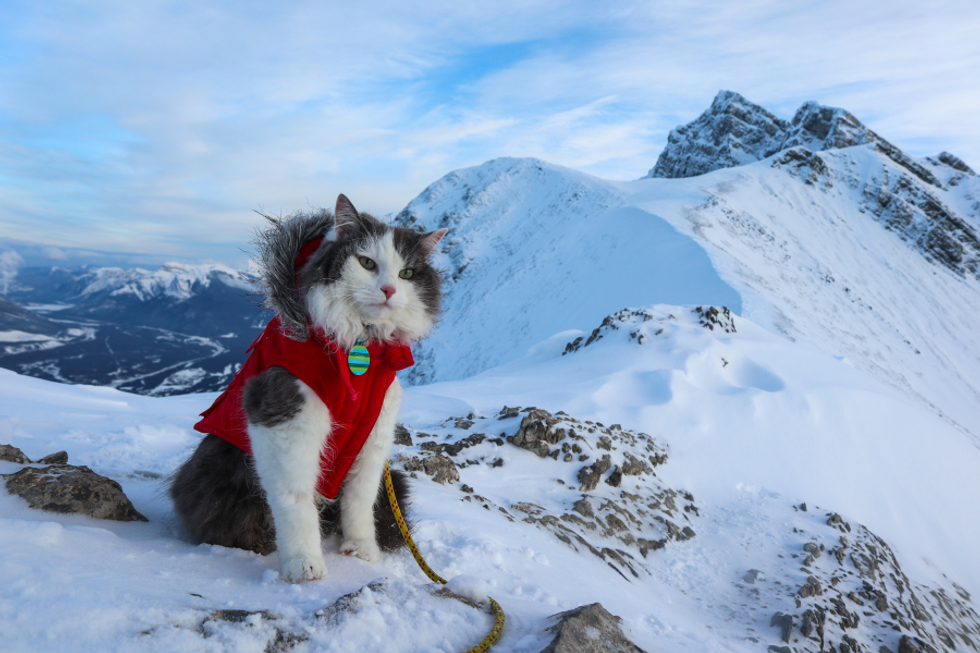 Let us all bow before Gary, the Internet's most adventurous feline. Photo credit: James Eastham
Let us all bow before Gary, the Internet's most adventurous feline. Photo credit: James Eastham Gary the Cat enjoys some paddling. Photo credit: James Eastham
Gary the Cat enjoys some paddling. Photo credit: James Eastham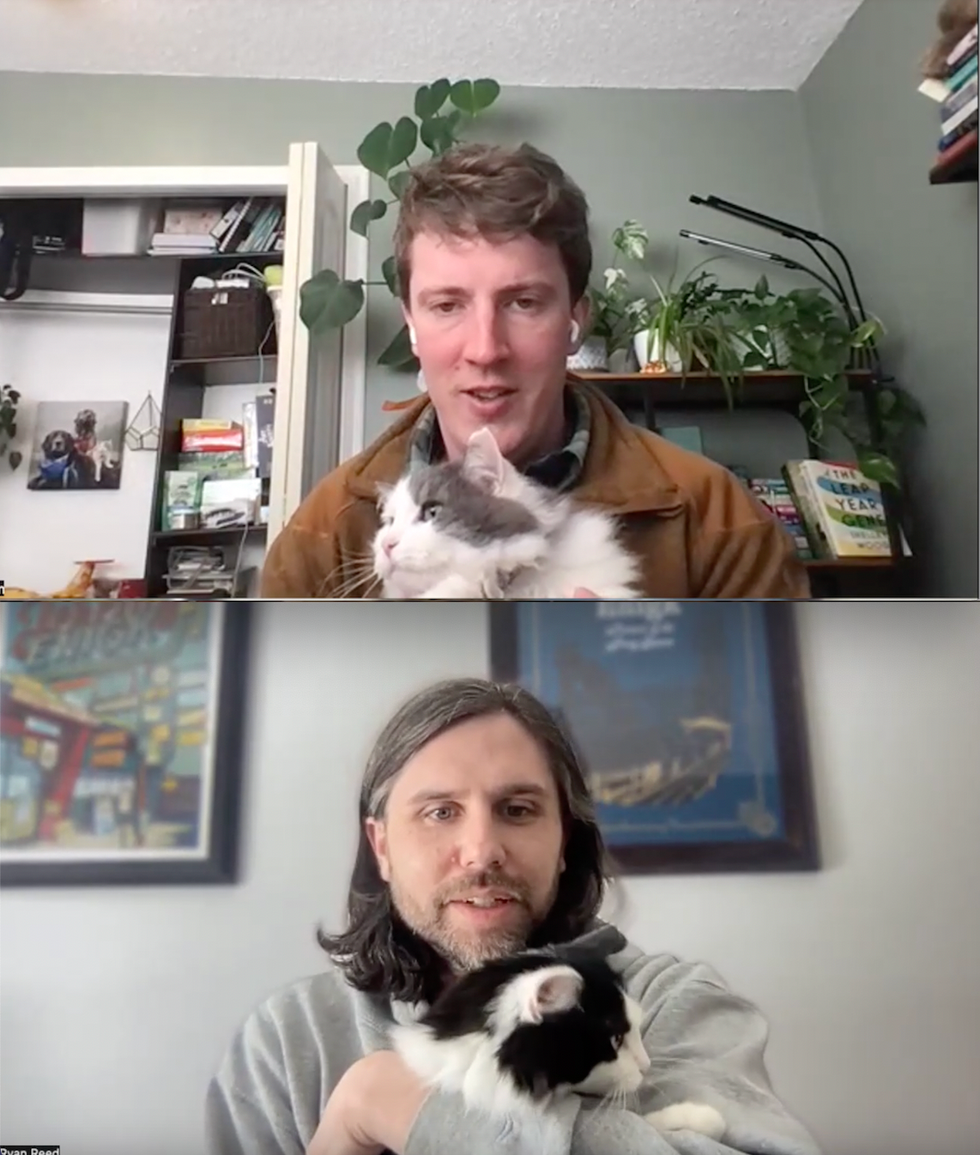 James and Gary chat with Ryan Reed and Tony Photo credit: Ryan Reed
James and Gary chat with Ryan Reed and Tony Photo credit: Ryan Reed


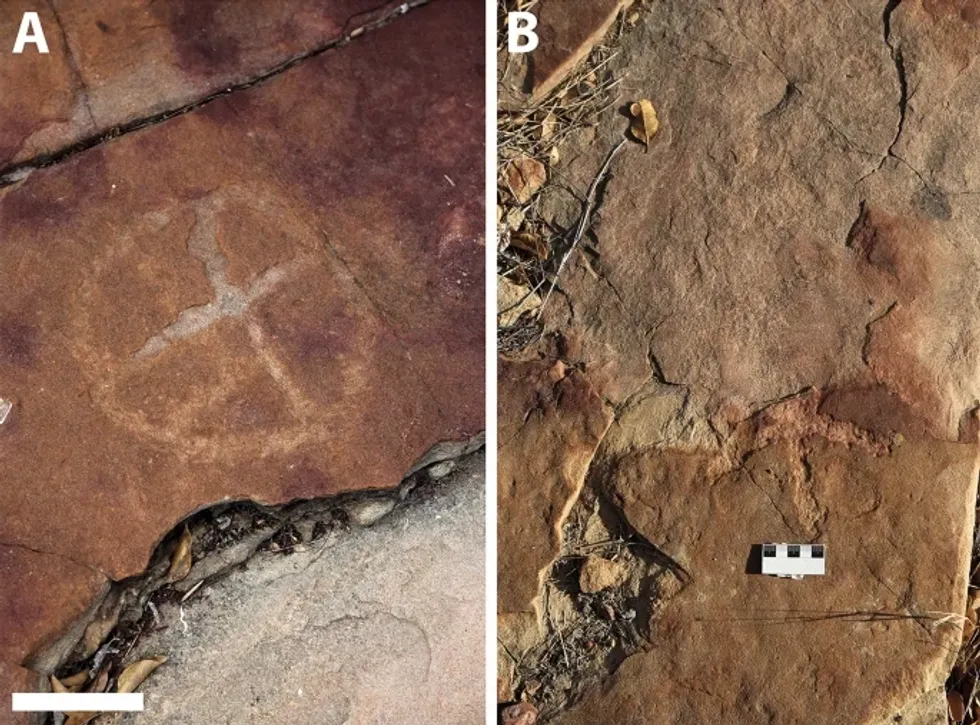 Rock deterioration has damaged some of the inscriptions, but they remain visible. Renan Rodrigues Chandu and Pedro Arcanjo José Feitosa, and the Casa Grande boys
Rock deterioration has damaged some of the inscriptions, but they remain visible. Renan Rodrigues Chandu and Pedro Arcanjo José Feitosa, and the Casa Grande boys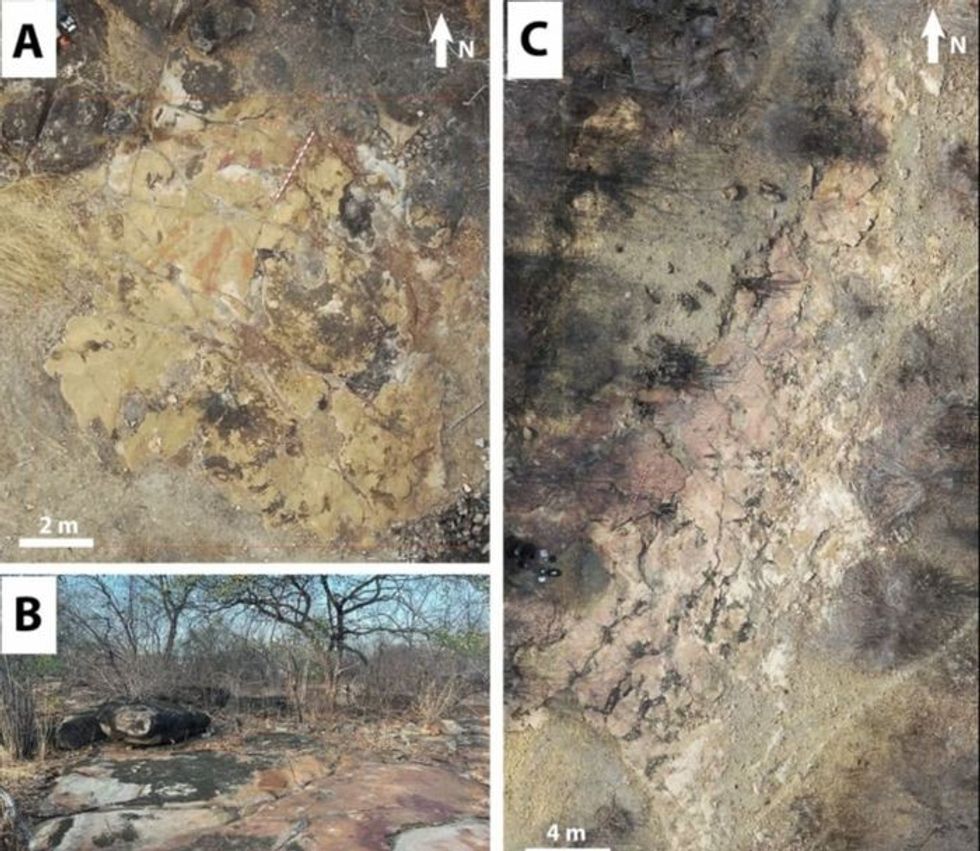 The Serrote do Letreiro site continues to provide rich insights into ancient life.
The Serrote do Letreiro site continues to provide rich insights into ancient life.

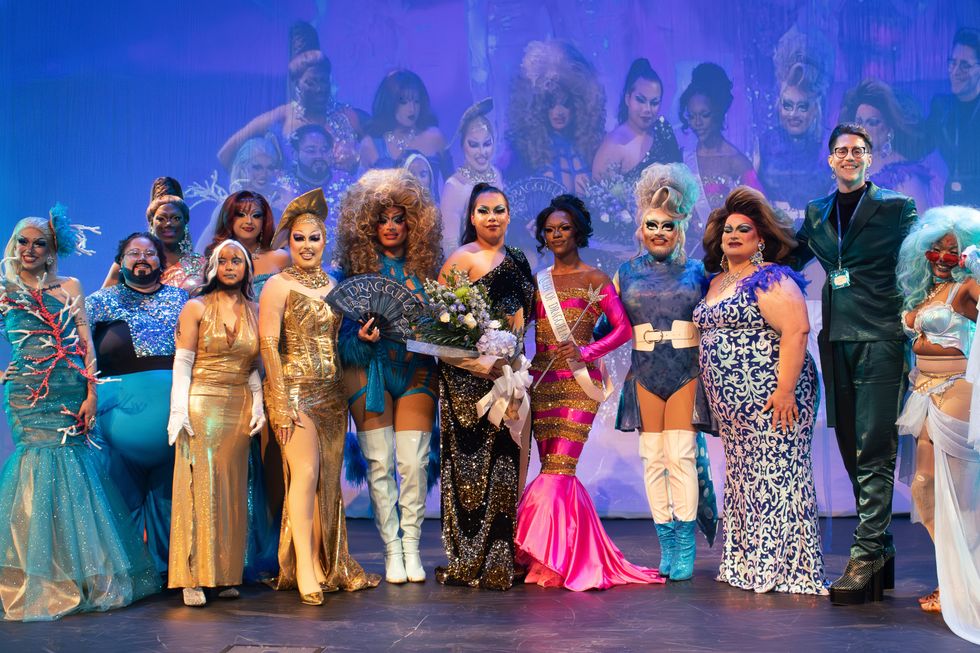 The contestants and hosts of Draggieland 2025Faith Cooper
The contestants and hosts of Draggieland 2025Faith Cooper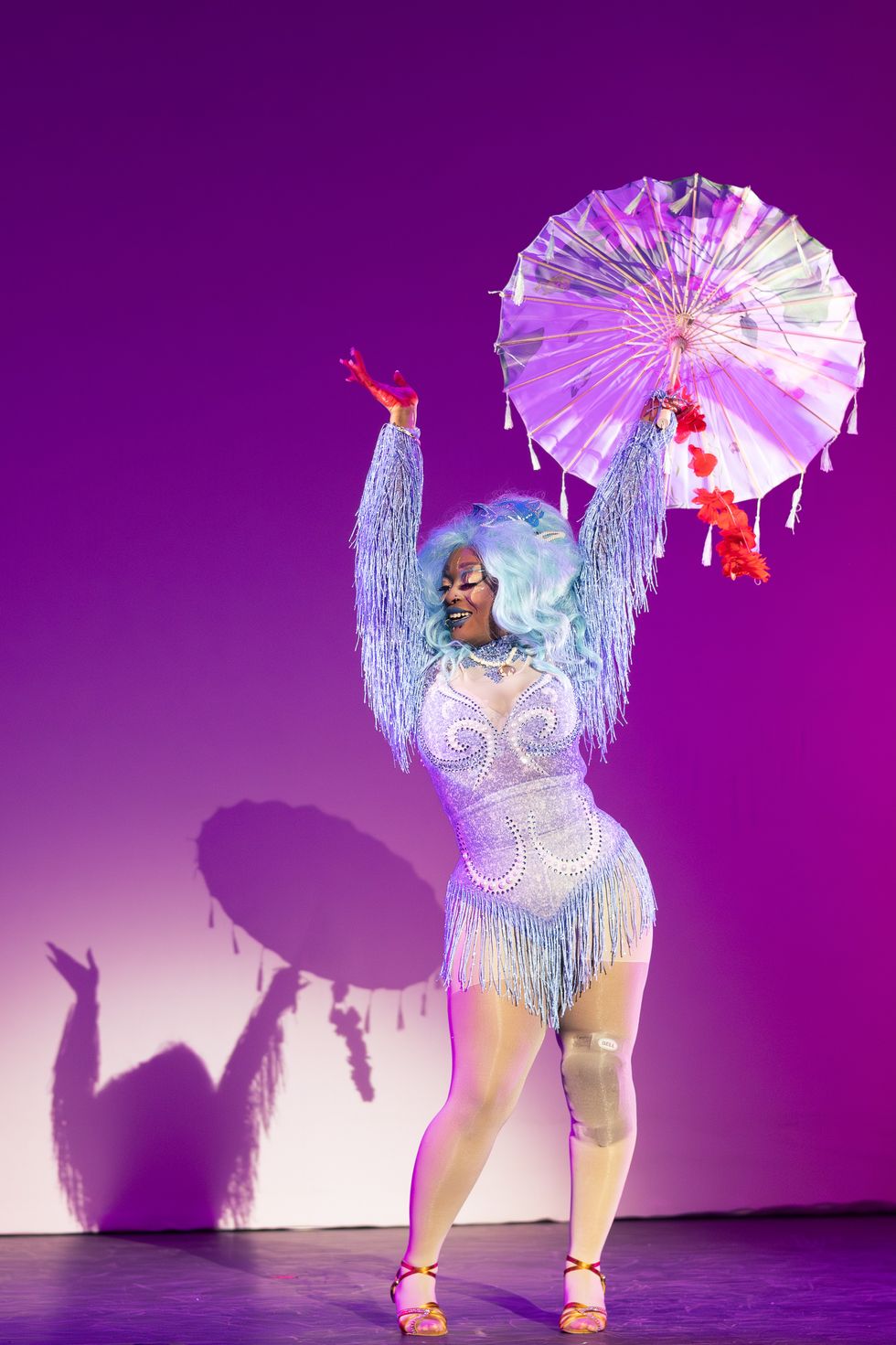 Dulce Gabbana performs at Draggieland 2025.Faith Cooper
Dulce Gabbana performs at Draggieland 2025.Faith Cooper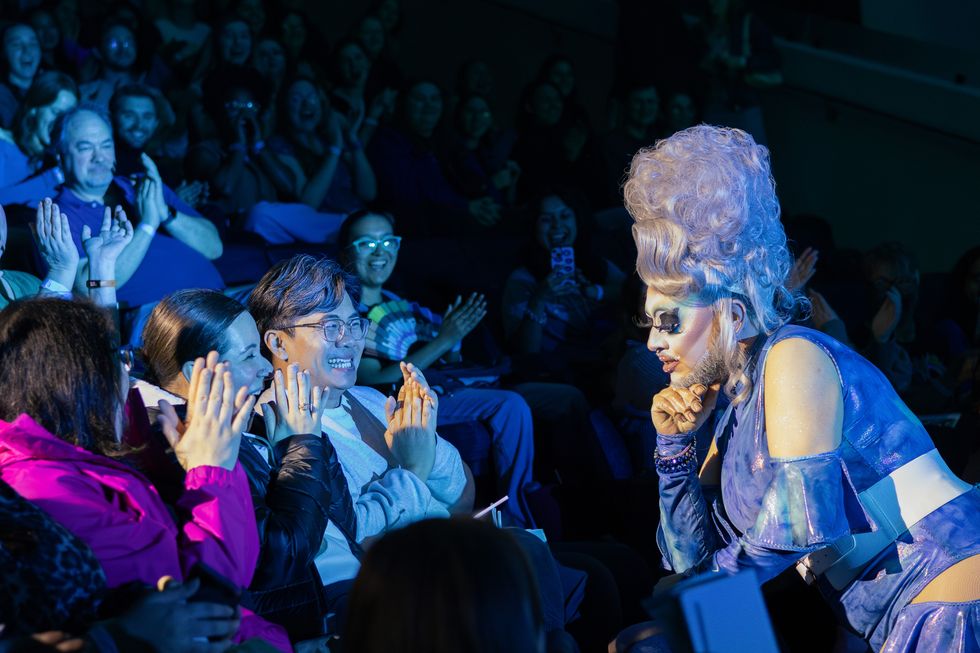 Melaka Mystika, guest host of Texas A&M's Draggieland, entertains the crowd
Faith Cooper
Melaka Mystika, guest host of Texas A&M's Draggieland, entertains the crowd
Faith Cooper


